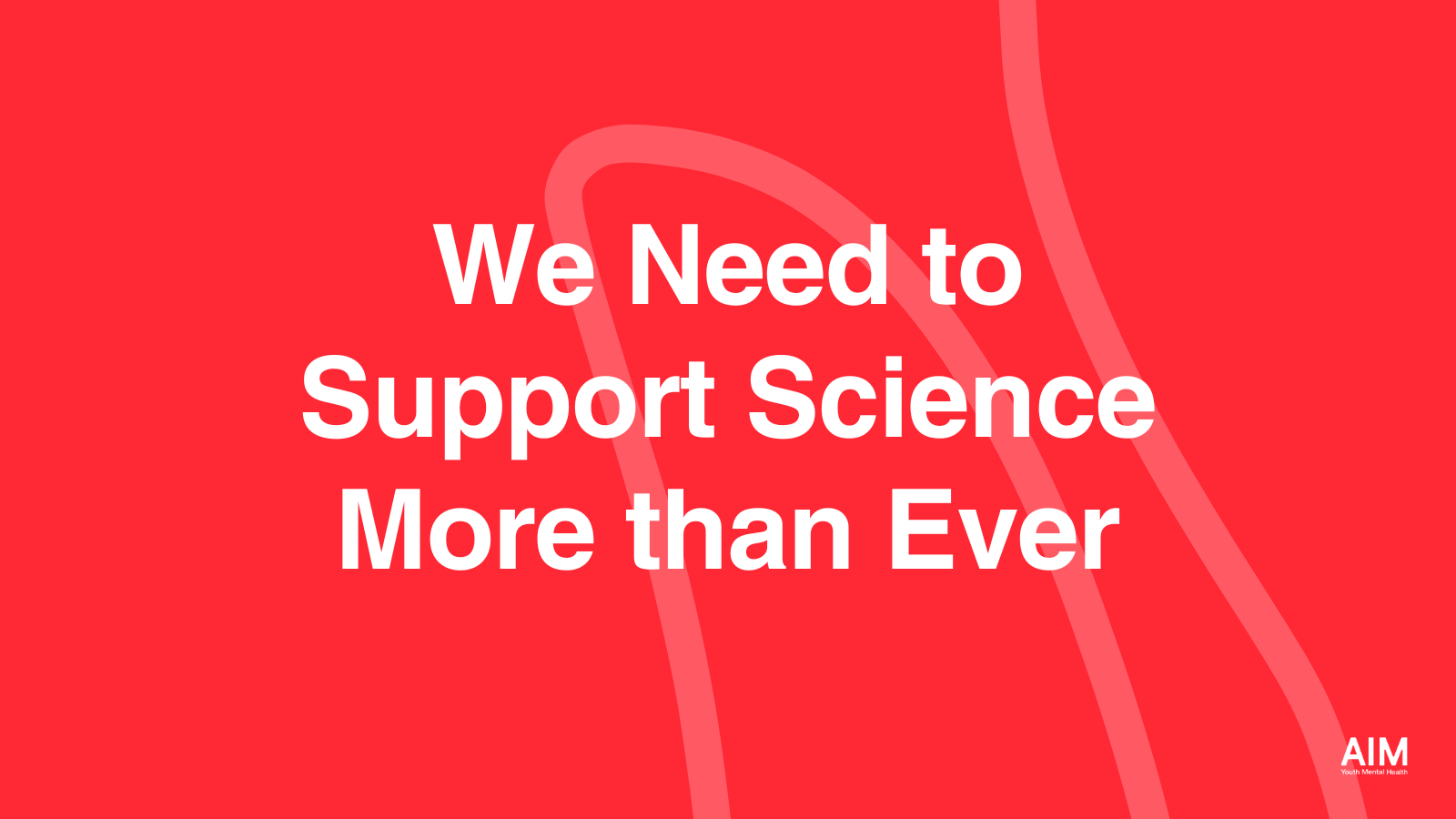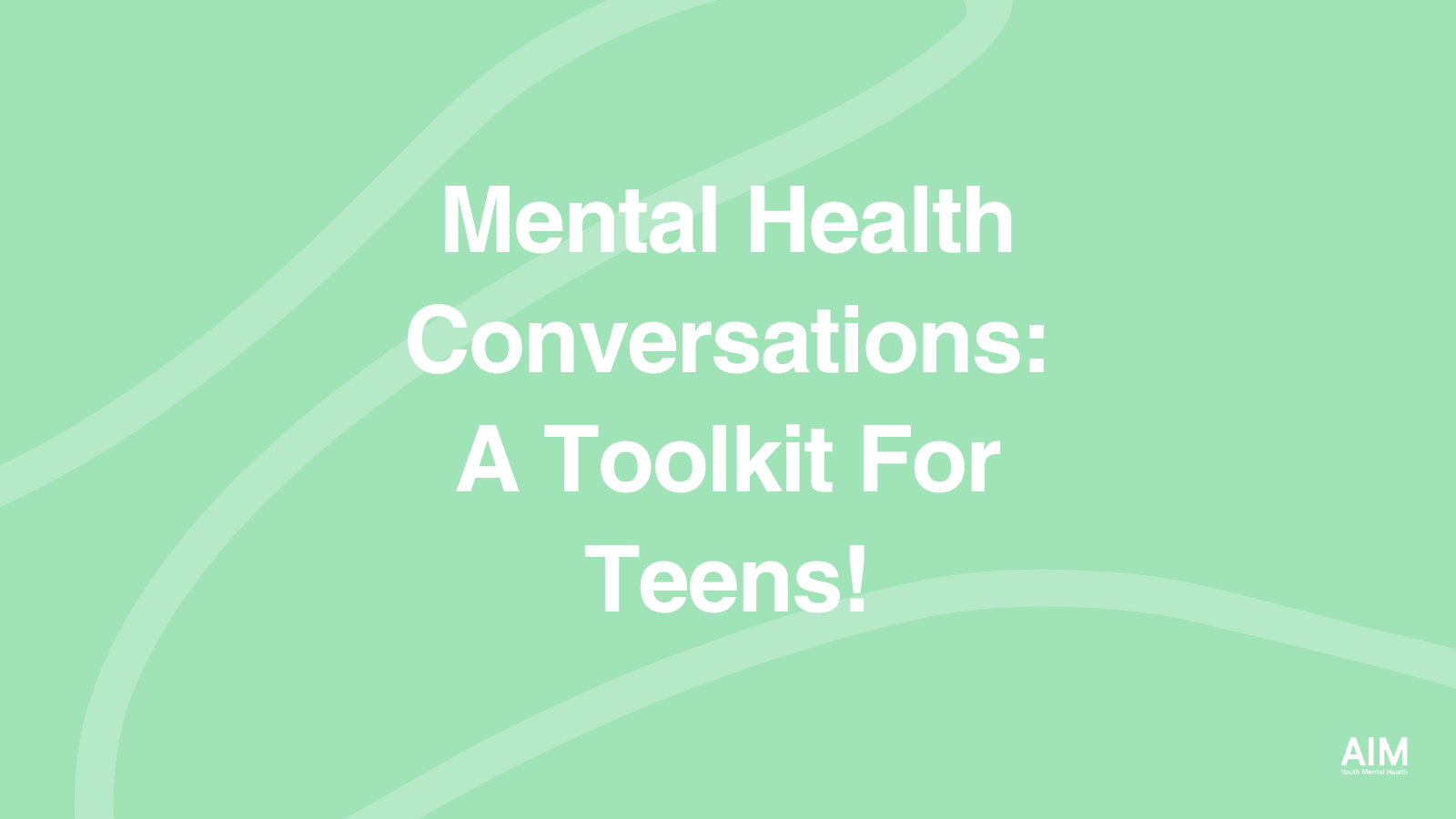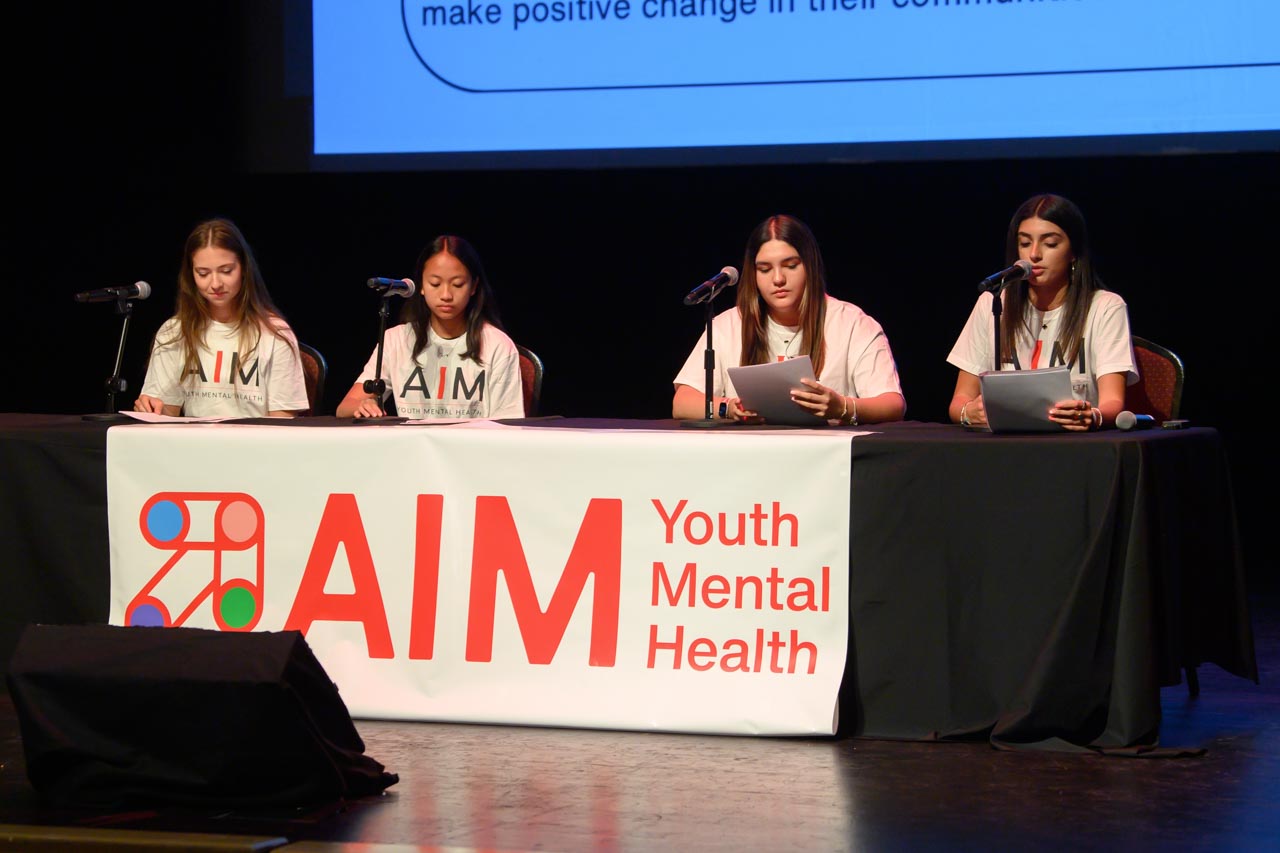Four science-backed ways to keep your head on for the holidays.
By Meadowlark Monaghan
It’s the most wonderfully triggering time of the year.
The holidays are notorious for their emotional upheaval. Years of Hallmark movie marathons have plagued the nation with feelings of inadequacy. If we don’t fit the mold for a quirky, tight-knit family with a touch of cheerful drama, we are not offered the magic of the holiday season.
Now add coping with family dynamics, mental health challenges, and still navigating a “new normal”… it seems as if we could all do with a little help to find our own holiday spirit.
According to the American Psychological Association, nearly 40% of folks surveyed report an increase of stress during the holidays which may lead to physical illness, substance misuse, depression, and anxiety. For folks experiencing mental health challenges, that number increases to 64% (NAMI, 2014).
“Memories, stressful patterns that seem to occur every holiday, or potential new crises are common triggers,” Elsa Ronningstam, PhD and psychologist at McLean Hospital, reminds us that holiday angst can be triggered by a myriad of sources. The best thing we can do to move through this season, with compassion for ourselves and others, is to acknowledge those feelings, understand our triggers, and stay consistent with our coping on good days and bad.
Here are four science-backed ways to keep your head on for the holidays:
1. Make space for feeling
Grief, sadness, and loneliness are feelings that come up around the holidays for many of us. Rather than avoiding these feelings, give them space to breathe. It’s particularly easy to fall into numbing or avoidance with holiday cocktails and other substances, but reminding ourselves that the only way out is through, will help to cope rather than perpetuate these challenging feelings.
It’s all about looking right at the feelings and acknowledging their presence. Turn towards your feelings and say to them, “you’re allowed to be here, but you are not allowed to change the way I see myself, how I connect with others, or impact what I plan on doing with my day.” Whether you need to hear this for yourself, or relay this to your child, reminding ourselves that our emotions do not define us is a powerful reframe. By honoring our emotions, we give them permission to create space around them.
So how is that done? One of the best, and most research supported, ways to make this space is by implementing a consistent meditation and mindfulness practice. This can look like: a formal Transcendental Meditation training, following a three-minute guided track on the Insight Timer app, or learning from meditation teachers online.
If the holiday spirit still feels stigmatizing to you, communicate to your family members and friends how you are feeling and how they can support you. Our feelings are valid and it is our responsibility to communicate, kindly, our intentions and boundaries to honor them. In addition, find a family member, friend, or acquaintance who will meet you where you are at. Create your own holiday activity or tradition that feels uniquely yours, even if that means having a Netflix marathon of anything-but holiday movies.
2. Lean into coping
Now more than ever is the time to honor your needs. We’re all familiar with the “put your mask on first” metaphor for caring for ourselves. Or as I like to say, “you can’t pour from an empty cup!” This season only changes that cup into a festive mug with whipped cream on top. Being consistent with whatever coping strategies work best for you (whether that’s regular therapy sessions, alone time to read, processing through writing, etc) will allow you to show up as your best self for your family and friends.
Show yourself some kindness, ‘tis the season! Recognize your triggers and take aligned action steps to cope with stress or set clear boundaries. Be honest about where your energy is at and if you need to take a break. You do not need to participate in every holiday party. Or in the midst of hosting, take the dog out for a walk around the block. Give yourself permission to relinquish the guilt associated with honoring your needs. Know that by doing so, when you are present to the festivities, you will be more compassionate, mindful, and capable. You can only show up as your best self when your self is honored.
3. Boundaries, boundaries, and more boundaries
Boundaries are not about separating ourselves from our loved ones. They are about creating space to honor our needs so that we can show up for our loved ones to the best of our ability. There are many different types of boundaries — physical, resource, emotional, material, energetic, just to name a few. Here’s a quick refresh on some of our favorites to support your holiday season.
Physical — Physical boundaries protect our personal space and our bodies. They also honor our energy levels, particularly for those who are highly sensitive. In practice physical boundaries look like, “I’m going to take the dog for a walk” aka I need a break from whatever is going on to take a mindful walk, breathe, be outdoors, and honor my mental health.
Resource — Resource boundaries protect how we spend our time, our money, and our availability. “I won’t be able to make it to the party on Wednesday, but I look forward to celebrating with you soon!” is a great example of how to honor your needs while creating a social calendar for the season.
Emotional — Emotional boundaries protect our thoughts and feelings. These boundaries can impact how we speak and what we talk about, and protect our values and beliefs. A quick one-liner to steer the holiday table conversation away from sticky topics is, “this isn’t the right time to talk about it,” or “I’d love to use our time together to discuss…”
Remember to be thoughtful in your communication of boundaries, listen to your emotions, and know your limits. Boundaries are not there to keep things out, but rather to help protect what’s in.
4. Make space for connection
Connecting with others is vital to our mental health, especially around the holidays, yet traditional holiday zeitgeist fails to remind us of all the different ways we are able to connect.
Connection with others is found in a myriad of ways — connect with an old friend over Facetime, connect in a family support Facebook group, connect with your local barista over a peppermint mocha. It doesn’t have to look or feel traditional in order for it to be meaningful.
One of the best ways to feel deep connection during this time is to connect with yourself and particularly, your inner child. If you are unfamiliar with this Jungian concept, our inner child refers to a part of our subconscious that still remembers and holds onto childhood memories, emotions, patterns, traumas, playfulness, fears, dreams, and much more. Accessing our inner child can help us heal core wounds and embody more child-like joy. It can also help us tap into the magic of the season and offer our children a joyful, holiday experience that comes from a more authentic place within us.
You can connect with your inner child by listening to an old album, reading a novel, or watching a movie that brings your younger self comfort. It can also look like doing something ridiculous for the simple pleasure it brings you, like taking the scenic route home to stop at your favorite ice cream shop. You can also support this work further by practicing Inner Child Meditation or writing a letter to a younger version of you who would not believe your life today.
Overall, the holidays are not an easy time for many people, meaning — you are not alone. Be gentle with yourself and your healing. The holidays are for you to make them wonderful in whatever way feels wonderful to you.
______________________
About the Author
Meadowlark Monaghan (she/hers) is a consultant using her knowledge gained as a mental health professional to act as a liaison between brands, creators, + online communities with the field of psychology and mental health. She also co-hosts the personal development podcast, Thoughts May Vary. Her work has been seen with Madhappy, Local Optimist, The Mayfair Group, Lonely Ghost, AIM Youth Mental Health, NAMI San Diego and more.





